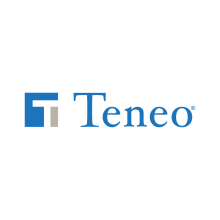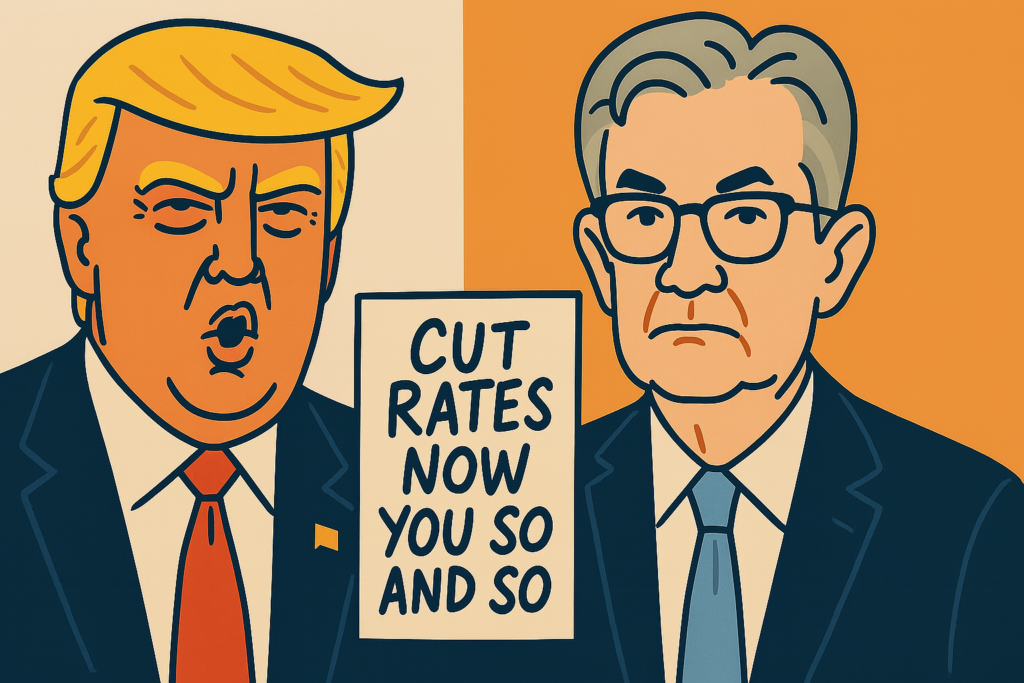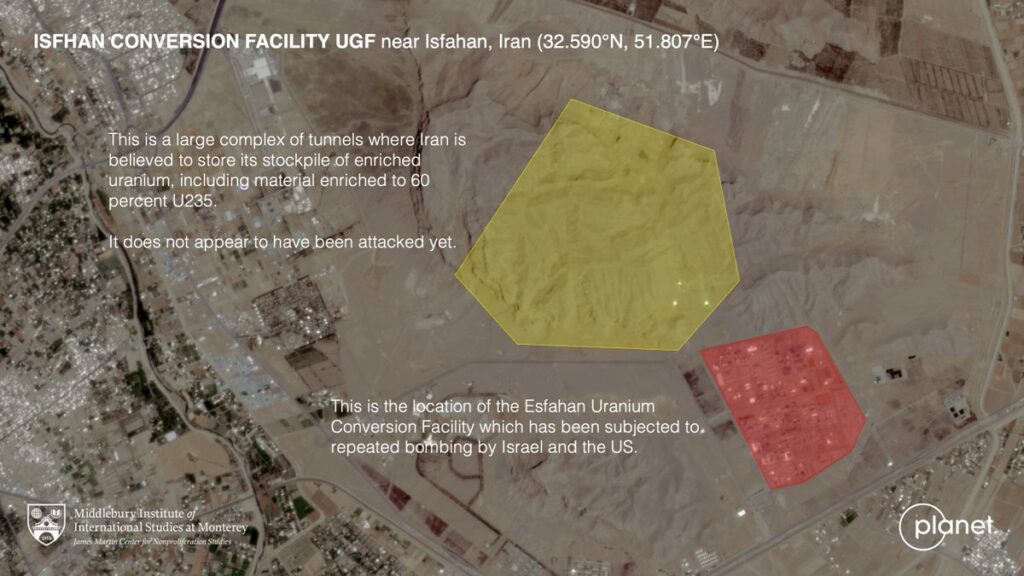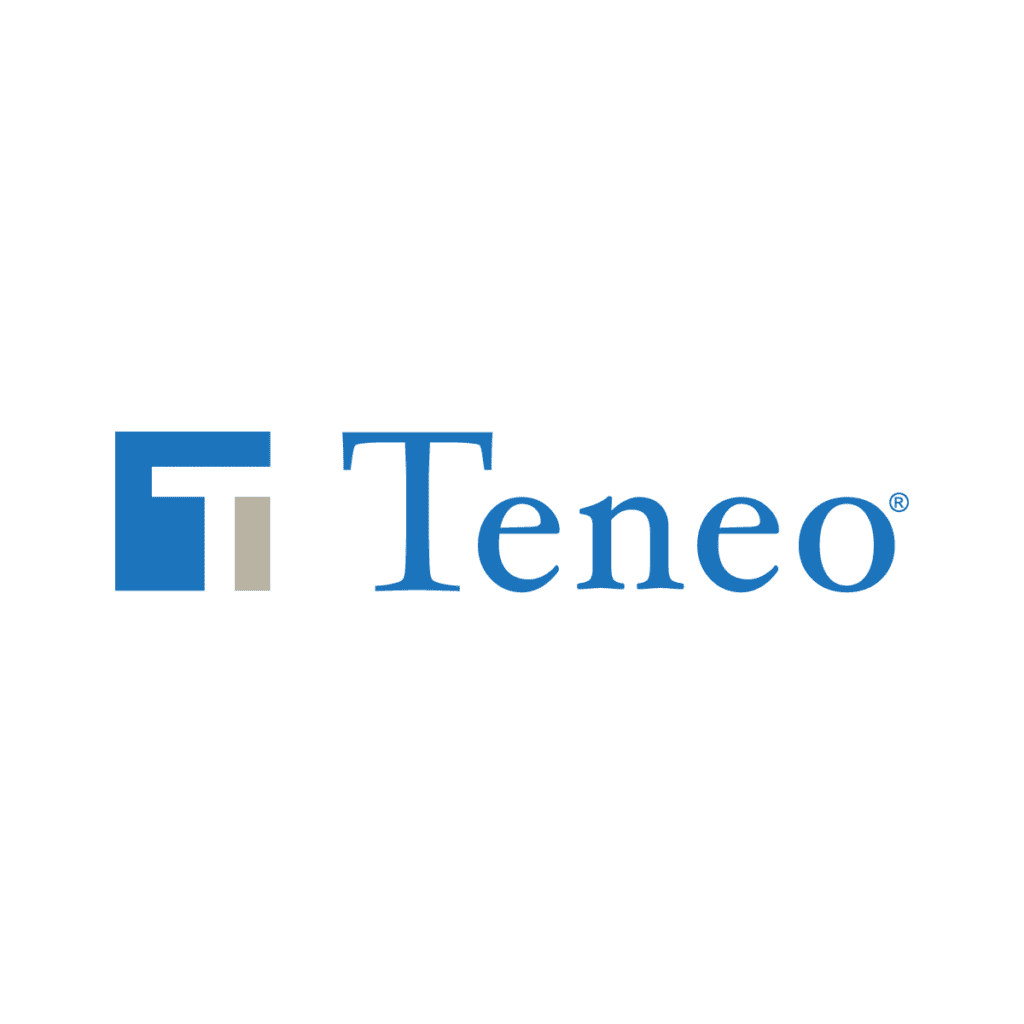- While a rate hike is in the pocket, a return to a more conventional and transparent economic policy is uncertain.
- As ever, President Tayyip Erdogan remains the key determining factor, else is choreography.
- Leaving aside Erdogan, the path ahead for Turkey is a long and narrow one, mainly due to Covid-19, the dire state of the economy and key institutions.
- Ankara’s belligerent foreign policy will remain a source of uncertainty.
A rate hike by Turkey’s central bank (TCMB) at its 19 November meeting is a given. The entity of the rake hike will matter but there is a good chance that markets will remain positive on the Turkish lira (TL) even if the TCMB delivers less than expected due to the widespread narrative that “this time is different.” Equally (if not more) important, especially in the medium-long term, would be a simplification in the monetary policy framework to provide more transparency and predictability.
Much less certain is whether the rate hike will be followed up by a shift in policy making towards 1) rule-based policies centered on free-market practices; 2) the restoration of the independence of regulatory bodies and key institutions such as the TCMB and Turkstat; and 3) more transparency. Absent progress on all these three fronts,Turkey will struggle to restore investor confidence and reverse the (still ongoing) “dollarization” trend. Not to mention that Turkey must also discard its model of economic development (i.e., credit-fueled, heavily reliant on the construction industry, low productivity, large informal sector) and design and implement a new model of economic expansion.
Erdogan: the savior of the economy?
The good news is that the recent change in economic management is quite a significant and positive affair. Not only has Berat Albayrak’s exit elated many in Turkey’s business community and political circles but the incoming duo, Naci Agbal at the central bank and Lutfi Elvan at finance, are well regarded technocrats (albeit both very close to Erdogan). The departure of Albayrak (who has disappeared since his resignation) also attests to Erdogan’s pragmatism and sense of survival. Erdogan has now the opportunity, with the support of the AKP-loyal media, to project himself as the savior of Turkey’s economy. The absence of elections until 2023 and the toothless opposition should also allow Erdogan to swallow the political costs attached to higher interest rates and other measures his government may be forced to adopt to stabilize the financial and economic situation.
However, recent past record (most recently in H2 2018) suggests that Erdogan, after a brief pivot that allows for market pressure to move away, could return to his default standing, pumping credit prematurely, revving inflation, and depressing the TL again. Even harder it will be for the Turkish president to relinquish some power, especially when his popularity is suffering, to allow for the rehabilitation of key institutions and empower the new economic team while trying to preserve the AKP’s extensive networks of privileges and dependency in the private sector.
A daunting job ahead
Leaving aside the key variable – the erratic Erdogan – the path ahead for Turkey is rather narrow, especially as the authorities will try to pursue it without the financial assistance of the IMF. The to-do list on the economic front is daunting given the damage done after such a long period of mismanagement: consumer inflation at 12% (if you believe Turkstat); unemployment rate at 13.2% officially, but in reality likely at around 30%; TCMB’s gross reserve left can only meet 46% of the USD 181bn foreign debt that must be rolled over in the next 12 months; and a current account deficit that reached USD 28bn in the first nine months of the year.
As if this was not bad enough, the trajectory of the Covid-19 pandemic will likely create further economic stress in the months ahead. Though the Health Ministry does not publish the total number of new daily Covid-19 cases, listing only symptomatic cases, official figures show sharp increases in infection rates since October. Reports from medical professionals suggest that the true daily tally of new cases could be 20 times higher than the official figure. Meanwhile, the government’s lack of transparency creates a false sense of complacency among the public, where violations of the various restrictions is rampant. The opacity around the true state of the pandemic and the unwillingness to adopt concrete measures to stop the spread of the virus further will inevitably extend Turkey’s economic malaise and, possibly, put the next touristic season at risk.
CAASTA sanctions next
There is also little comfort when looking at the international front. Ankara’s belligerent foreign policy, especially in its neighborhood, is unlikely to mutate. As a result, uncertainty will continue to dominate Turkey’s relationship with the EU and the US. As for the latter, Ankara’s concern is that incoming president-elect Joe Biden’s administration will take a harder line against Turkey’s recent foreign policy machinations and, above all, that he will not shield it from Congress. Barring a U-turn by Turkey on the S-400, CAATSA sanctions are near certainty. The only question is how aggressively Biden will choose to implement them.
A scorecard for Turkey’s new economic team
Below we provide a list of reforms/signposts that could help to gauge whether Erdogan is delivering on his pledge to put the economy back on track:
- Abandon once for all “Erdoeconomics” and embrace disinflation as a priority;
- A plan to rebuild the balance sheet of the TCMB and its foreign reserves;
- Stress testing the banking sector to assess its health; provide a credible assessment of NPLs;
- A plan to support corporate debt restructuring;
- Use the existing (but declining) fiscal space to reduce the social and economic costs, including widespread layoffs and insolvencies, caused by the pandemic;
- A revised 2021 budget and medium-term economic plan that puts public debt on a sustainable path and shed light on contingent liabilities;
- Push for institutional revival, thereby promoting the independence and credibility of economic institutions and regulatory bodies;
- Provide transparent data on pandemic trends.







